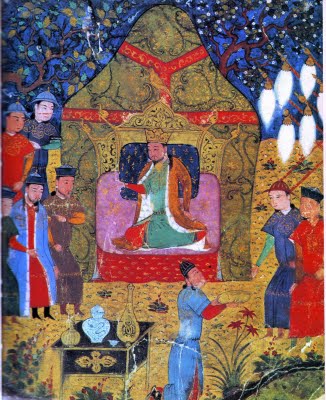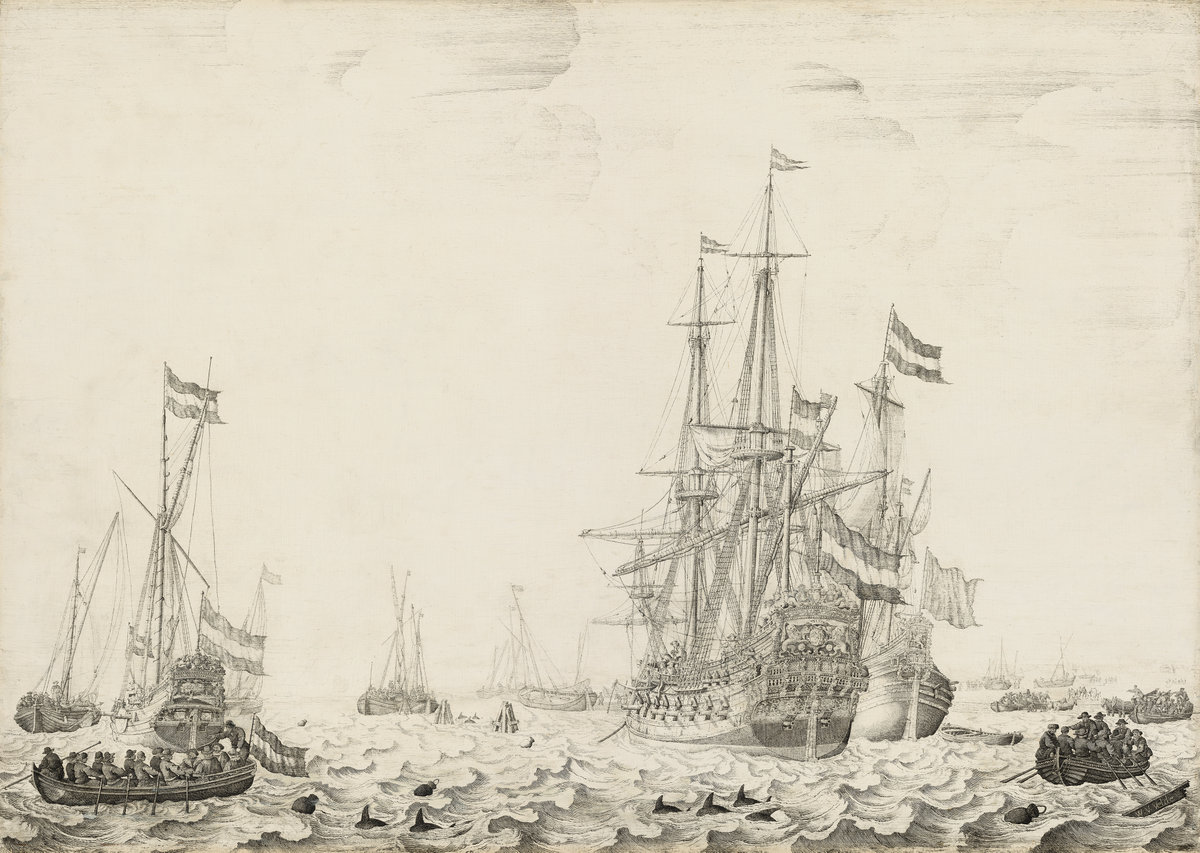By Patrick Pierson.
Last weekend, a Saudi airstrike directed at a funeral hall in Yemen killed over 140 people and wounded more than 500. An investigation by Human Rights Watch revealed that the bomb used was manufactured in the United States. US Secretary of State John Kerry expressed his concern while an official Saudi inquiry into the bombing blamed the strike on bad information. Meanwhile, the US Navy launched cruise missiles at sites controlled by Houthi rebels after missiles were fired at US destroyers. Iran has responded by sending some of its own ships to the area. The week ended with a decision by Houthi officials to release two American citizens in a deal facilitated by Oman.
A key opposition leader was arrested in the Democratic Republic of the Congo this week. As unrest continues, the threat of large-scale violence mounts. Three investigators with the UN High Commissioner for Human Rights were banned from Burundi. This comes as the Burundian parliament voted to withdraw from the International Criminal Court. UN envoy Jamal Benomar will visit the country next week in an effort to improve relations between Burundi and the international community. In Libya, a number of militias launched a coup attempt against the UN-backed government.
Thailand’s beloved King Bhumibol, the world’s longest reigning monarch, passed away this week. In an unrelated move, Thai police stepped up security after reports of bomb plots surfaced early in the week. Philippine President Rodrigo Duterte claims existing military alliances will continue, adding more confusion to the future of US-Philippines relations. Violence between the government of Myanmar and the country’s marginalized Rohingya population resulted in the deaths of dozens this week. This report details the ‘politics of food aid’ in the contested Rakhine state, home to the majority of Myanmar’s Rohingya population.







